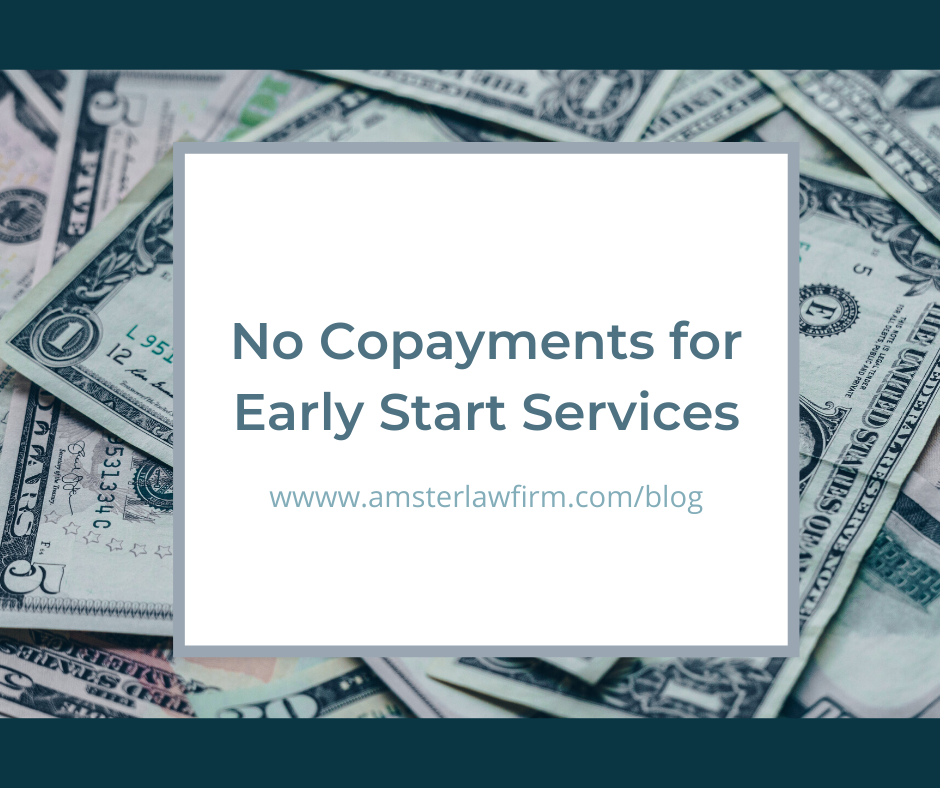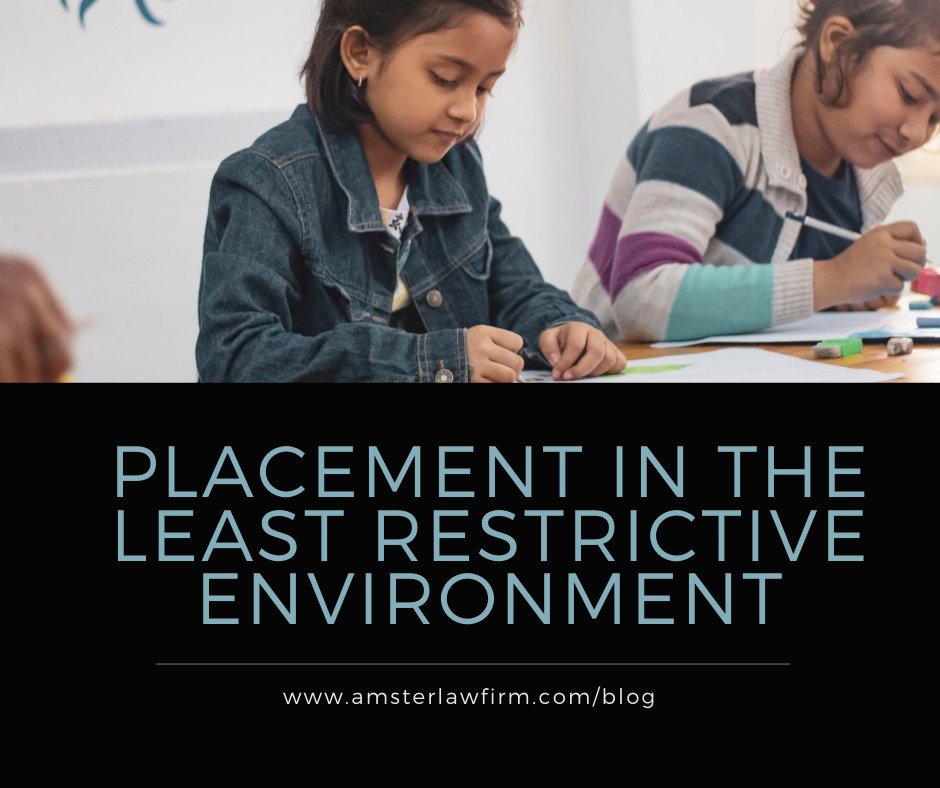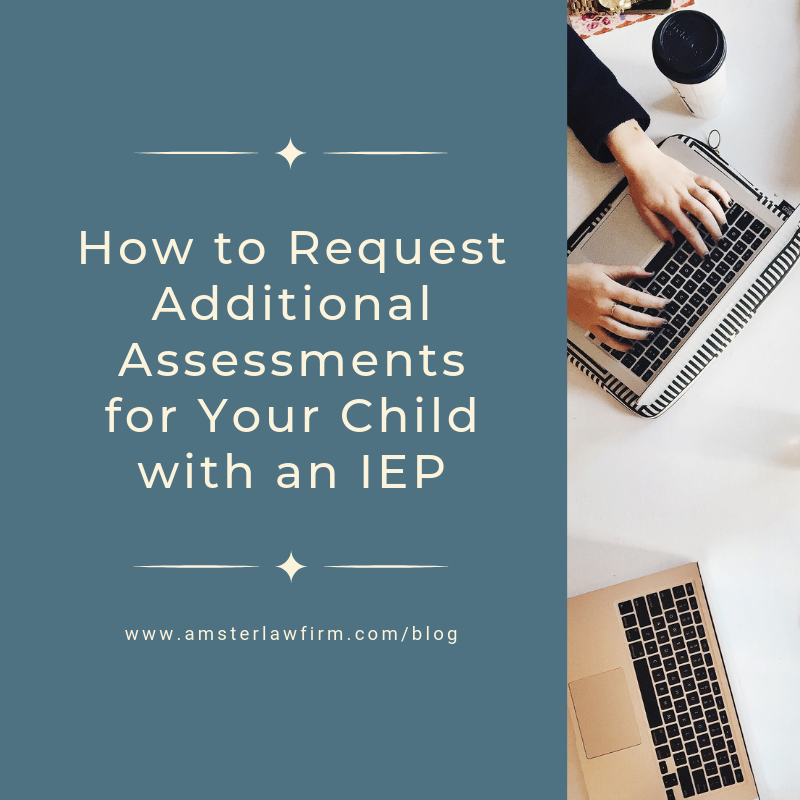
Special Education and Regional Center Blog
Learn what a Functional Behavior Assessment is and why Functional Behavior Assessments (FBA) are important.
Read MoreSometimes a regional center will require families to use their private insurance to pay for their child’s early intervention (“Early Start”) services. In general, regional centers are the payor of last resort and require parents to use their own health insurance to pay for therapies. Now, parents are not required to pay for premiums, co-payments, …
Continue reading “No Copayments for Early Start Services”
Read MoreFAPE Blog Post Series 1 of 3 Introduction to FAPE Under the Rehabilitation Act and Individuals with Disabilities Education Act (IDEA), all children with disabilities are entitled to receive a Free and Appropriate Public Education (FAPE). This is the most important right of your child with special needs under the IDEA. FAPE means that your …
Continue reading “Placement in the Least Restrictive Environment (LRE)”
Read MoreLearn about How to Request Additional Assessments for Your Child with an IEP in California
Read MoreThis post discusses seven things to do with your IEP over the summer to get ready for the new school year.
Read More



